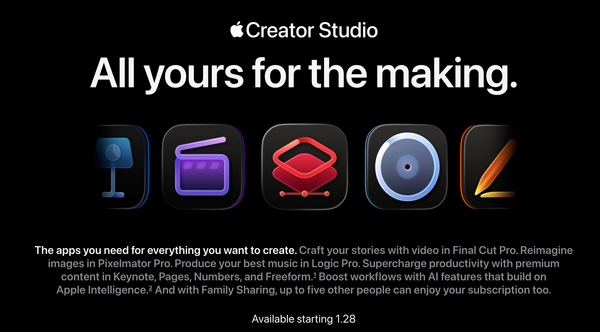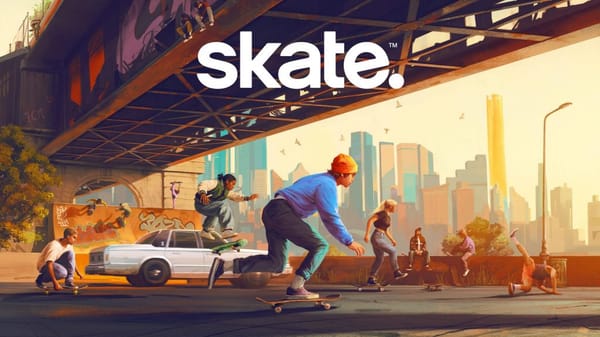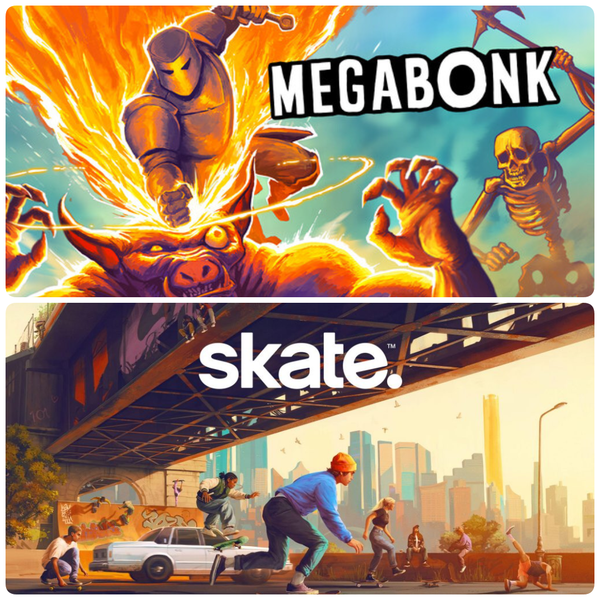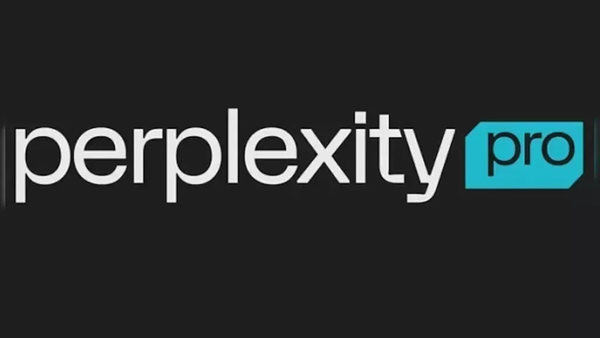The Two Paths of Growth: Reading to Learn, Writing to Teach
All Writers are Readers, All Readers are Writers
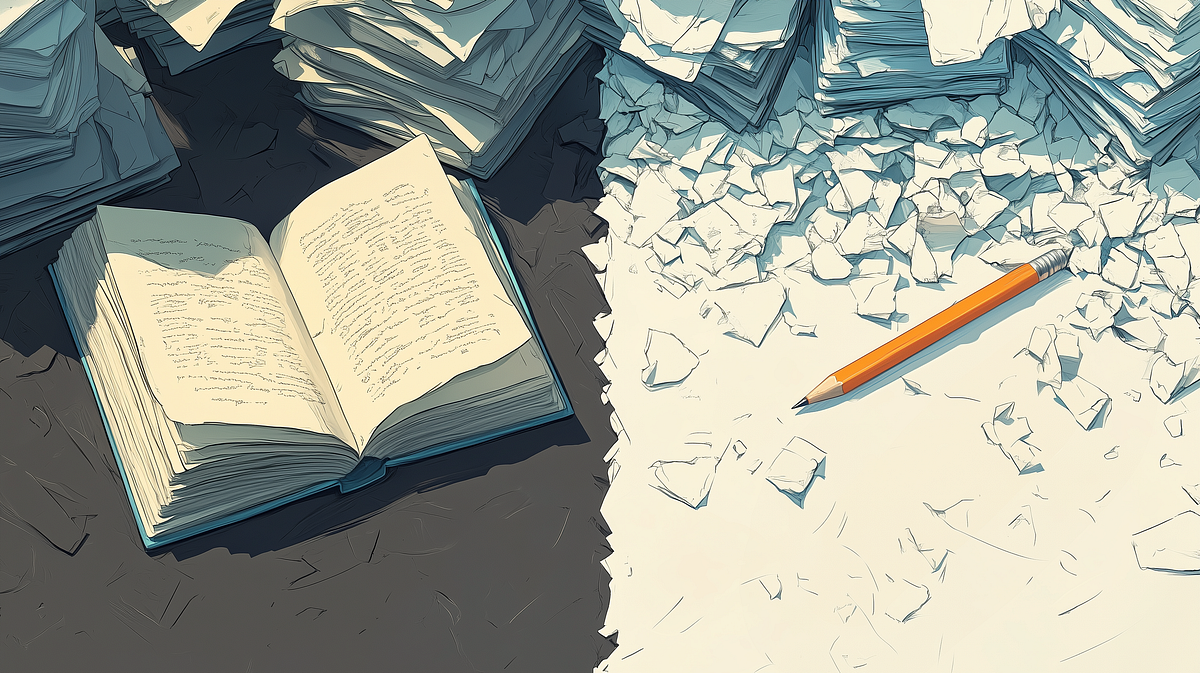
There is this idea out there that suggests that most of the time should be spent absorbing knowledge and learning all that we can from the outside world.
In reality, I think we have to distinguish the difference between the two and establish the right mechanisms for each to take place at the most opportune times.
This sentiment suggests that both of these practices take place on their own terms, in two different instances devoid of one another.
I’d beg to differ, I think that without one the other can’t exist and vice versa.
If learning is about how much knowledge we absorb then the writing is the proof of that retention. But without the writing what is it that we’ve actually learned?
We aren’t just these sponges that are meant to infinitely absorb knowledge and information in perpetuity.
I’d go as far as to say that is one of the biggest problems of the world we live in, so many people spend too much of their lives absorbing and not a lot of time focused on output and sharing or expressing.
This of course is very multifaceted, “reading” in this case can present itself in the form of all types of different mediums and different forms of media. It’s just about knowledge retention in the grand scheme, how much we are taking in. “Writing” on the other hand is the expression, the sharing.
For starters there is no denying that most people tend to fall into either of the two categories, that’s fine to say. It’s entirely understandable that all readers aren’t writers, they don’t have much to share, and the other way around is that not all writers care to learn more all the time.
But in a bizarre way I think that it stems from experiences, in most, if not all cases either side tends to have or lacks experiences in which they are drawn to allow them to fall on either side of this spectrum.
Being a reader doesn’t inherently mean you have nothing to share it just means you personally think you have a lot more to learn.
The same can be said about writers it doesn’t necessarily mean that they know everything, it just means that they think they have more perspective to share.
My goal with this article is to help you not only establish where you fall on this spectrum but to also understand some of the benefits of the other side, I want to bridge the gap as much as possible in that lies a far more self-aware understanding of oneself, that lends itself to a world of possibilities not only in the form of expression and understanding but growth.
With that being said, it goes without saying the fact that you are reading my writing suggests that I am obviously more of a writer than I am a reader. So you can naturally expect most of the points and perspectives to be more biased to the writer’s end of things.
But this article is the revelation I hit and in my attempts to bridge that gap for myself, I have learned so much more about what it means to truly live within both ends of the spectrum.
So with that in mind let’s start with the writers.
Speaking from personal experiences and observations writers tend to have more experiences and insights to draw from which enables them to feel like they are more expressing and sharing than your average reader.
That doesn’t necessarily mean that there isn’t a lot that we stand to learn, but it just means that our form of understanding is presented by talking first and asking questions later.
It can be quite empowering and revolutionary for many of us who have been through so much, to express how we feel in any sort of medium and derive a better understanding from the feedback or reflections we get post-expressing ourselves.
Writers thrive within a feedback loop, with constant output met with constant affirmation or counter opinions, it helps gain a better fundamental understanding of what we are actually saying.
Ironically what makes someone a good writer in a lot of ways is their ability to absorb the feedback given to them, learn how to properly sort through the suggestions and critiques, and re-adjust accordingly.
Not only does it present itself in the form of reading but life’s experiences as well, writers find and take the lessons away from most real-life experiences and transform them and re-mold them, and in a lot of instances shape an entirely new perspective. In doing so they learn far more from going through and reformulating it rather than just absorbing the information at face value.
As for readers on the other hand
While they have a lot in common, where they differ is their approach to understanding themselves and the world around them. They seek knowledge, experiences, and understandings in the varying mediums out there.
In most cases, their objective is to learn and discover first and ask questions after. Many readers do have a unique view of the world but rather than share it or express it head-on they opt for a more transformative perspective that presents itself in the form of challenging their existing knowledge, oftentimes not needing to express or share their learnings at all.
I like to think of the readers as the critics, the skeptics of information, in most cases they don’t take what they’ve learned at face value straight off the bat. Instead, they soak in the knowledge they’ve learned and try to make sense of it in many ways. Their goal is to understand the intricacies of what’s being said from their perspective of the creator and assimilate what they’ve learned into their own lives.
Now that we’ve somewhat established how they react to information we must try to bridge that gap that we touched on previously.
I want to talk about how each side could benefit from possessing qualities from both sides. Rather than addressing them as two separate parts, I am going to try and shape them into one coherent piece.
Understanding all of this, and what side you lean to more is crucial to knowing which direction you need to work towards in bridging that gap.
I think all writers are readers, and all readers are writers.
The doers and the thinkers.
The best and only way I know how to do so is to draw from personal experience. That way I can paint a fuller picture for you to understand my perspective.
As a writer myself so much of what I’ve written was based on things I thought I had a fundamental understanding of, it makes sense, I lacked the ability in a lot of ways to scope out differing perspectives or explore the holes in my papers.
It wasn’t until I started learning more and reading other people’s words that my scope of understanding start to expand, see, what happened with me is that a lot of my writings lived in their own world, confined to a box with guardrails and boundaries.
What I took for granted was the broader views of what I was saying from the standpoint of someone else, someone with a different upbringing and understanding of life.
In many ways, my writing felt incomplete, it was riddled with biases and personal anecdotes that left me with a limited perspective of the whole story.
What I was writing lost a lot of nuance, as the story was only being told by one side. It wasn’t until I started reading, asking, and learning from others that I started to get better. Now of course I didn’t rely solely on other people’s feedback to get my papers written and crafted. But rather they were the missing piece of the puzzle.
When I started to learn from others and what their thoughts were about my thoughts, only then did I finally start to learn about the fuller picture. My limiting ideas and narratives revealed a massive hole in my writings, one that could’ve only been filled with a point of view different from mine.
Personally I see it as this full loop, a complete cycle from one end to the other, being a reader or a writer isn’t just about placing yourself on one end or either end of a line.
But rather understanding it actually lies in a circle, in my case, I started as a writer and learned in time through “reading” and feedback what knowledge I lacked.
In the case that you are starting as a reader, the amount of knowledge you retain can never be challenged adequately if not expressed or shared in the form of “writing”, leaving you with a gap in your circle.
For both types completing that circle makes you a far more well-rounded individual, one that has a fuller perspective in any case, simply reading and reading without external input is just as bad as writing with no feedback.
The nuances express themselves only when challenged by other’s thoughts.
Having said that, I believe that there are no longer two points on the same line but rather an incomplete side that merely lacks the other.
If you share your knowledge without feedback you lack learning from “reading”. If you read without “writing” you lack further questioning as you haven’t given your thoughts a tangible form to be critiqued.
In order to be good at either you have to get good at both.
